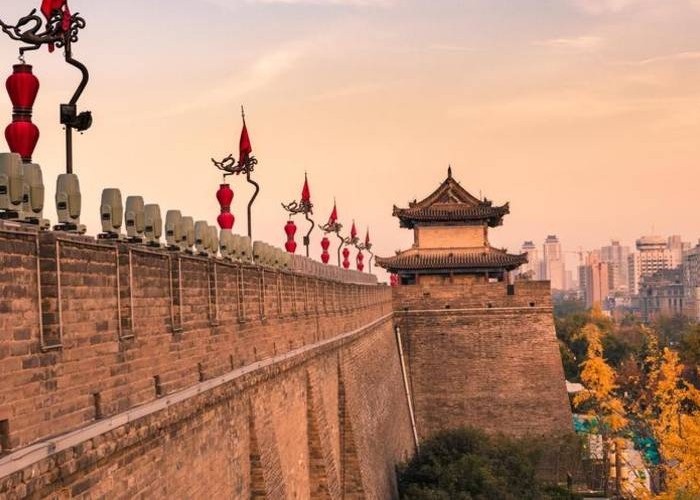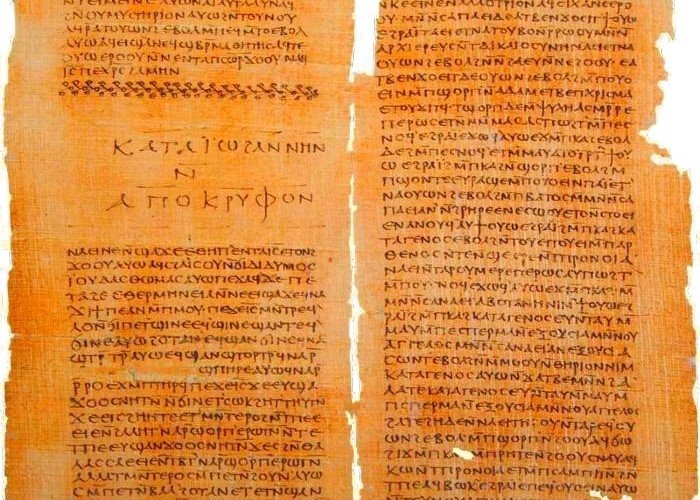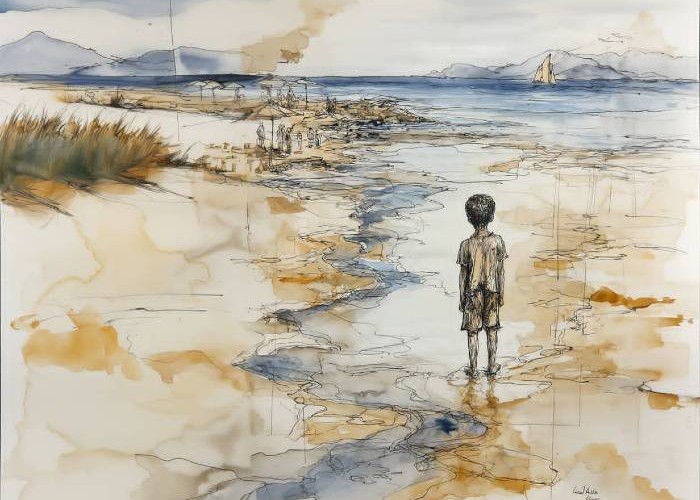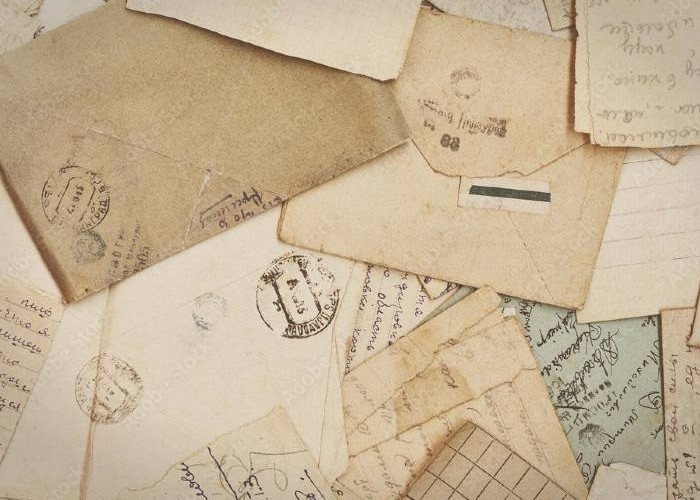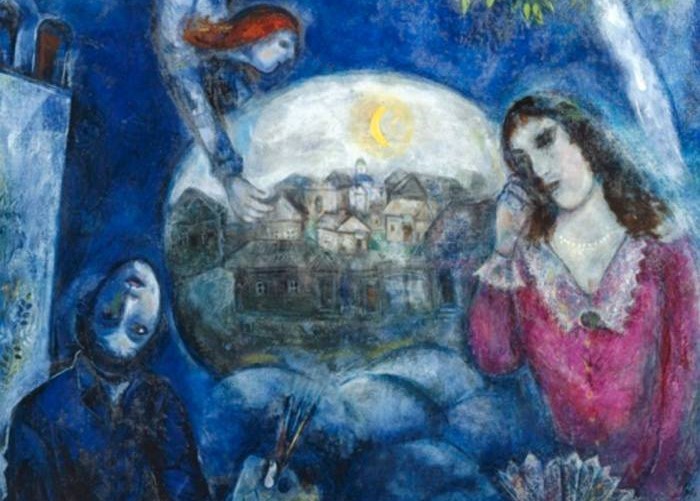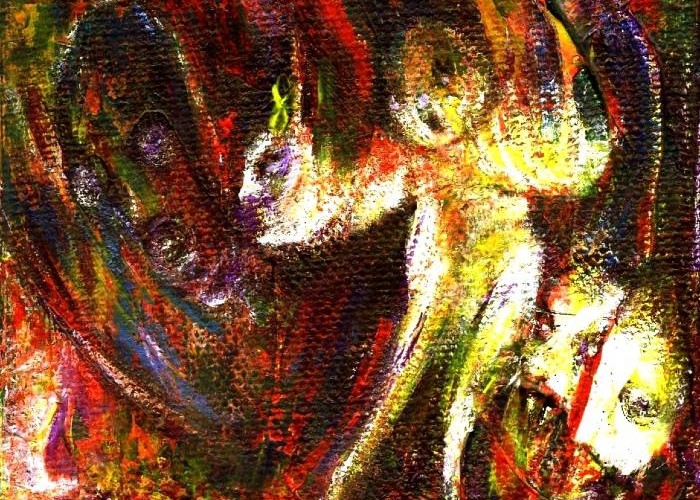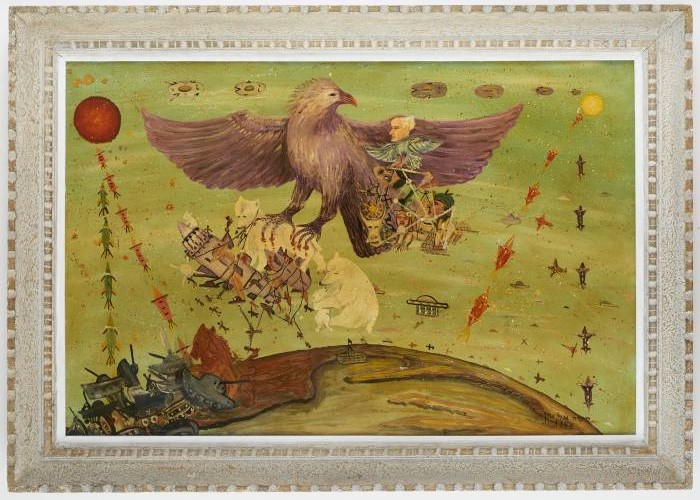She sleeps through the crash. Her living ship, having failed to resist the pull of this uncharted world, still succeeds in protecting her within the spiral labyrinths of its bowels. Barely living: its last cry for help lost in vacuum; its heart burnt out on entry. As its life force declines, her ship studies air, studies water, studies dirt. With its final act of love and devotion, it begins to transform her accordingly. For many revolutions she sleeps, safely cocooned in her cradle, being reshaped to survive on her own, as magma bubbles up and rock crumbles around her.
She comes to in an echoing cave in a mountain. Her ship is no longer living, but its memory surrounds her with a magnificent ruin—a treasure. As she mourns, she examines what has become of her: slippery wetness of membranes, prickliness of hairs, tenderness of skin folds. She feels lessened by this body’s fragility, neediness. Her flesh, now infused with this world’s air, this world’s water, this world’s dirt, cries out for nourishment. She stumbles outside, seeking sustenance under the array of auroras that remind her of her home’s radiant skies; finds it in tender, slippery creatures. Fast, but not faster than her. Her mind is sickened, but her body—strengthened—rejoices. With the whole of her self, she knows she will live. This is what the world asks of her, to lessen herself to survive. She does as her instincts command her.
She eats. She sleeps. Her cave fills with sand, fills with water, fills with ice. The world turns around its star.
How do you measure time when you’re timeless? It’s eons before she realizes some of the slippery creatures’ grunts is language. They make up a word for her. It’s been so long since she had a name; she listens in, watches them multiply their descendants, contemplates their rises and falls. By now, she is attuned to the needs of this slippery body of hers; it cries for something other than nourishment. She hears men drum, smells them burn smoke at the mouth of her cave. Next time one of them wanders inside—one of those who worship her, not of those who are food—she carries him into the bowels of her ship. She takes him apart; interweaves his double helix with hers—again, again—until she senses a heartbeat. Then she retreats into sleep, lulled by the sound of ice sheets slithering across the terrain.
When hunger awakes her, snow is gone; so are those who knew her name. New men walk straight, weave cloth, build tall houses; they worship nothing but language. She wonders if they give a name to her son.


